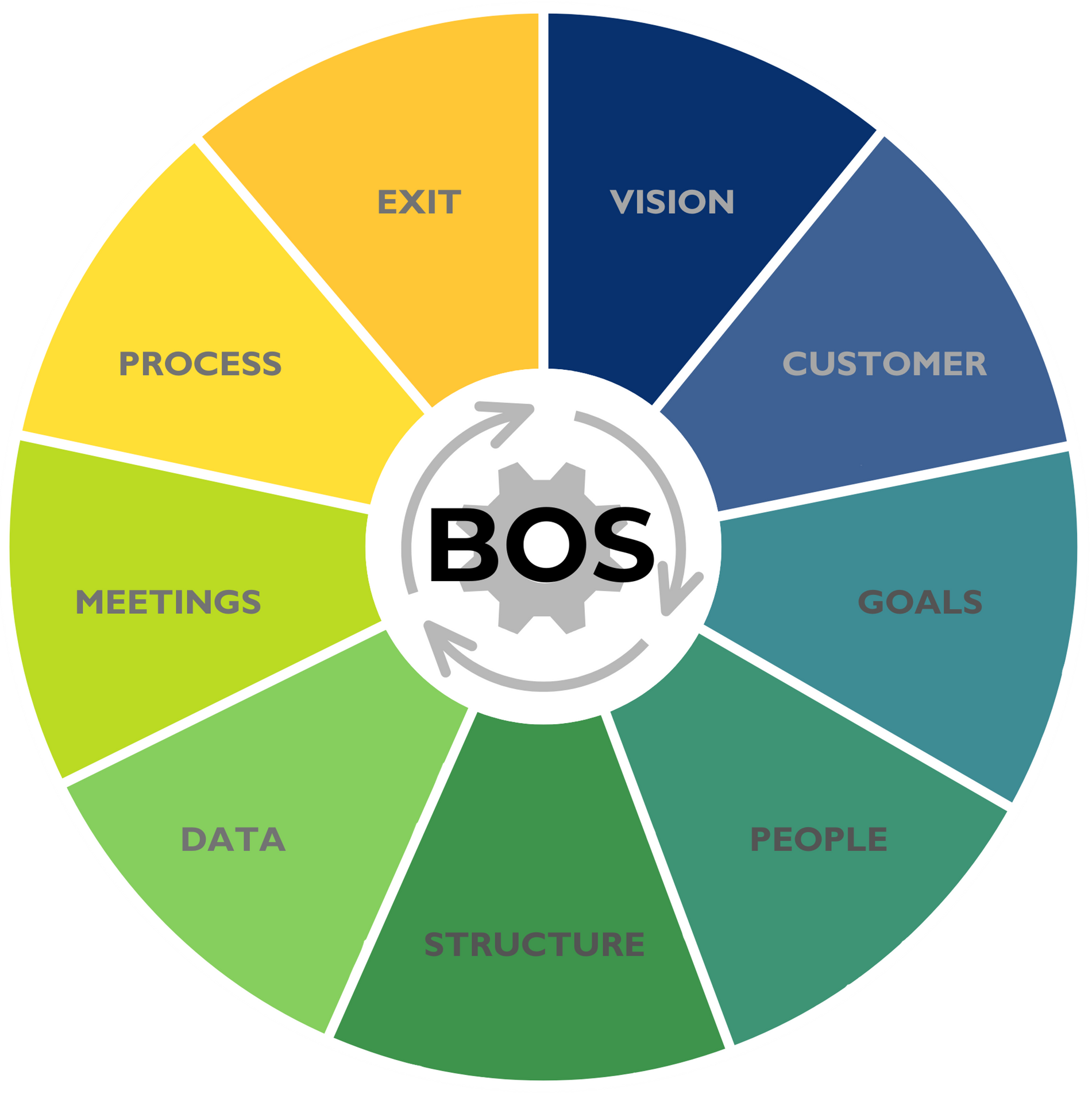Elevated Content...
Influencers and Leaders are necessary...but how do they differ?

Influencers vs. Leaders: Understanding the Key Differences
In today’s world, “influencer” and “leader” are often used interchangeably. While both have the power to impact others, they play distinctly different roles. Understanding these differences is critical whether you’re working to grow a brand, inspire a team, or navigate relationships with the people who shape your decisions. Let’s break down the key differences between influencers and leaders in a way that resonates with everyday life and business.
Source of Authority
Influencers derive their power from popularity. They’re often experts in a niche or skilled at engaging and attracting followers. Social media platforms act as megaphones, amplifying their reach. On the other hand, leaders earn their authority through action, vision, and accountability. It’s not about how many people know their name but the trust they’ve built through real impact.
What Drives Their Focus
Influencers thrive on promoting ideas, products, or trends. They’re like the stylish friend who always knows what’s in vogue or the tech enthusiast showcasing the latest gadget. Leaders, however, focus on building teams, driving initiatives, and achieving broader goals. They’re thinking about the long game: what’s sustainable, meaningful, and beneficial for the collective.
Nature of Their Influence
For influencers, the impact is often transactional—“Here’s why you should buy this” or “Here’s how this worked for me.” It’s compelling but also limited to a moment or a trend. Leaders, by contrast, aim for transformational influence. They’re challenging you to grow, think differently, and contribute to something bigger than yourself.
The Relationship with Their Audience
An influencer’s relationship with their followers is mainly one-directional. They create; their audience consumes. Leaders operate differently. They’re actively engaged in two-way conversations, understanding the needs of their team and working alongside them to achieve success.
Skills in Their Toolbox
Influencers excel at creating content, building brands, and mastering the art of engagement. These are valuable skills, but they’re not the same as those of a leader. Leaders rely on communication, decision-making, problem-solving, and team building to create lasting impact.
What’s Their End Game?
For influencers, goals often revolve around growing their audience, increasing engagement, and monetizing their platform. Leaders are focused on fulfilling a vision, strengthening their teams, and creating a legacy. They’re less interested in fleeting trends and more committed to enduring results.
Sustainability of Their Impact
Influence can be fleeting—tied to algorithms, trends, and the ever-shifting tide of online attention. Leadership, however, is built to last. It’s rooted in respect, trust, and a track record of improving things.
Wrapping It Up
Both influencers and leaders play essential roles in shaping the world around us. But while influencers capture attention, leaders inspire action. The influencer might point you to the trend, but the leader helps you chart your path.
Whether you’re building a business, developing your career, or just navigating life, understanding these differences can help you determine who you want to follow and who you want to be. For me, it’s always about striving for that enduring, transformational impact that lifts others and elevates. Not that I don't like to see what those influencers are doing out there! Highly entertaining!





